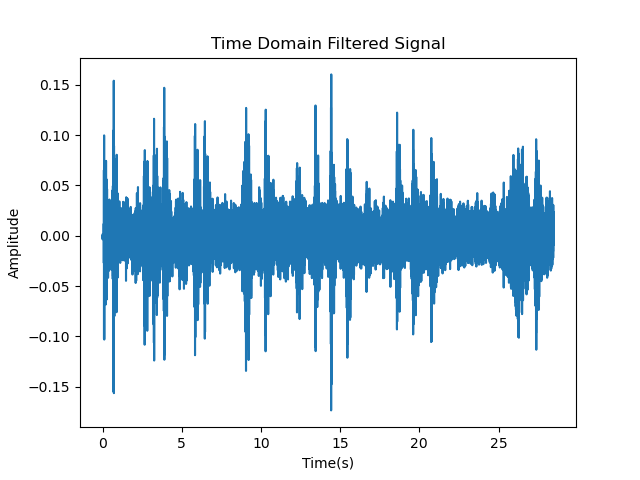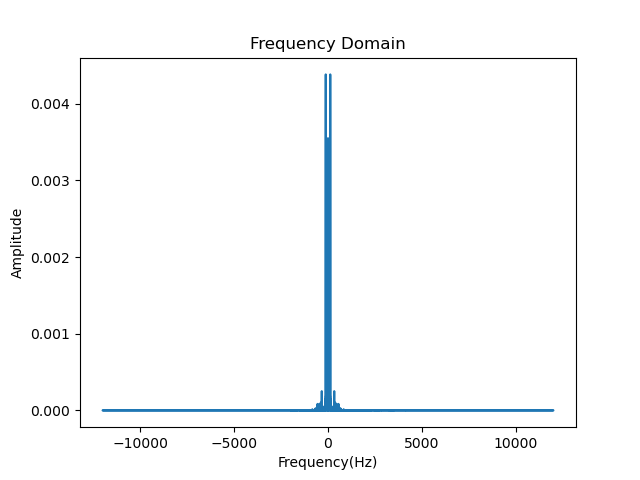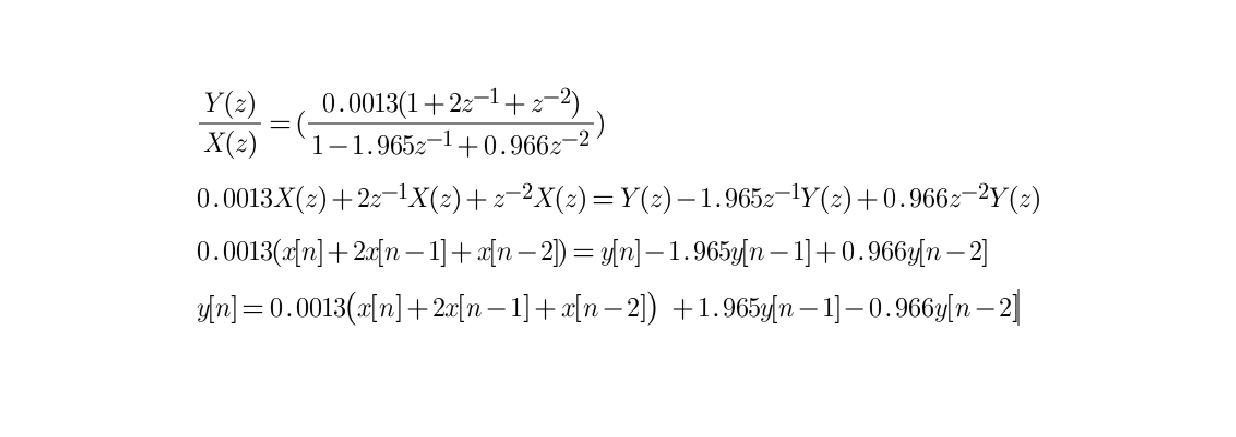How does it work?
The Function Call
1
First we analyze the Frequency Domain of the audio signal and create our filter based off that. Which can we seen and played below.
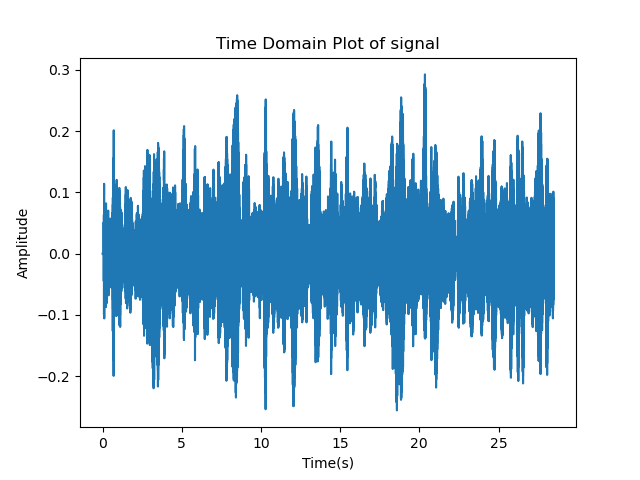
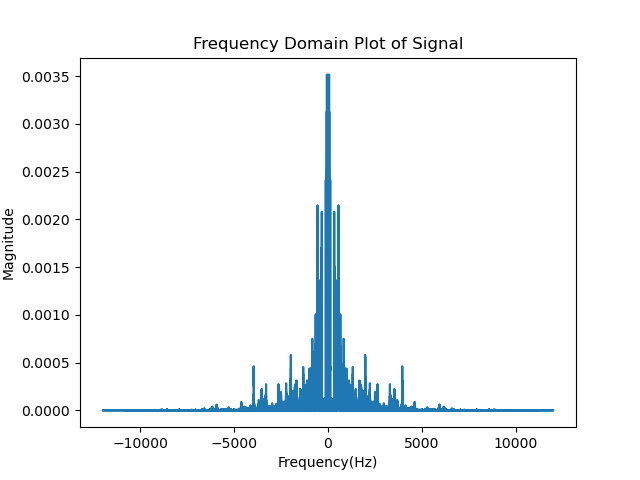
2
Since we want to preserve the peaks, we want our cutoff to be at at minumum approximately 100Hz
Using MicroModeler DSP , Poles and zeros are allocated such the magnitude of each pole/zero is less than 1 (within the unit circle) to keep the system stable
Since zeros cancel out a frequency, we allocate conjugate zero pairs at the 1khz mark on the Unit Circle
Since Poles maximize frequencies, we allocate conjugate poles NEAR the zero frequency mark and not directly on the unit circle itself so the poles do not maximize just one singular frequency of zero.
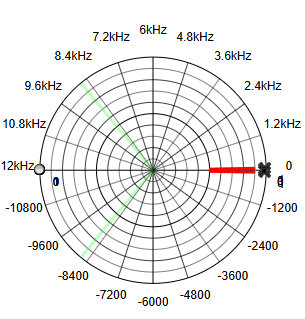
3
The Filter's impulse response is seen below. As well as the filtered output's frequency domain and time domain plots
